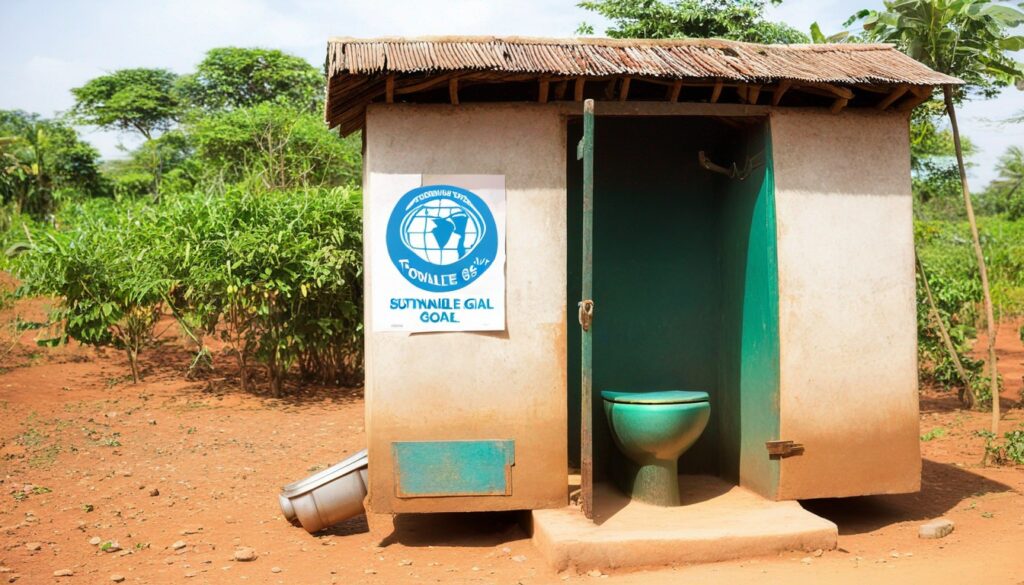Responding to recent reports of an upsurge in respiratory illnesses related to Pneumonia among children in northern China, the Union Health Ministry has initiated proactive measures as of November 26. These steps aim to review and increase preparedness in the face of escalating concerns.
Highlighting the significance of preparedness during the ongoing influenza season, which traditionally sees a rise in respiratory illness cases, the Ministry has directed states and union territories to promptly reassess their public health and hospital readiness measures.
While closely monitoring the situation, government officials stress that there is no immediate cause for alarm. The Union Health Secretary has urgently instructed all states and union territories to evaluate and enhance public health and hospital readiness. This includes ensuring the availability of essential medical resources such as testing kits, oxygen plants, and ventilators.
States are advised to adhere to the ‘Operational Guidelines for Revised Surveillance Strategy in the context of COVID-19′ and closely track trends in influenza-like and severe acute respiratory illnesses. Additionally, they are encouraged to send respiratory samples to Virus Research and Diagnostic Laboratories for testing.
These precautionary measures are anticipated to collectively mitigate any potential crisis and safeguard the well-being of citizens.
Previously, the outbreak was centered in Beijing and Liaoning provinces, resulting in the suspension of classes in some schools due to both students and teachers falling ill. However, no fatalities have been reported thus far.
The World Health Organization (WHO) has indicated a surge in respiratory illnesses in northern China, citing common causes such as Influenza, Mycoplasma pneumonia, and SARS-CoV-2. The agency has sought further details from Chinese authorities to ascertain any potential link between the recent outbreak in northern China and the broader increase in respiratory infections acknowledged earlier.
Table of Contents
Toggle
- What is Pneumonia?
- Symptoms of Pneumonia
- Causes of Pneumonia
- Is Pneumonia a Serious Problem?
- Treatment of Pneumonia
What is Pneumonia?
Pneumonia is a respiratory condition highlighted by inflammation in the lungs, often caused by bacteria, viruses, or fungi. It comes with symptoms like cough, difficulty breathing, chest pain, and fever. The infection causes the lung’s air sacs to fill with fluid or pus, hindering oxygen absorption and leading to severe respiratory distress. Pneumonia varies in severity, from mild cases treatable at home to severe cases requiring hospitalization, especially among the elderly, infants, and those with weakened immune syst
 source: thehealthcaredaily
source: thehealthcaredaily
ems. Timely medical intervention with antibiotics or antiviral medications is crucial for managing pneumonia and preventing potential complications.
Symptoms of Pneumonia
Pneumonia comes up with many symptoms, often starting as a cold or flu but escalating rapidly. Common signs include cough, chest pain when breathing or coughing, rapid breathing, fever, chills, and fatigue. Patients may experience shortness of breath, sometimes accompanied by a bluish tinge to the lips or nails due to a lack of oxygen. Pneumonia can lead to nausea, vomiting, and confusion, especially in older adults. While symptoms might differ based on the cause and individual health, prompt medical attention is crucial upon experiencing these signs to prevent complications.
Causes of Pneumonia
Pneumonia is a severe respiratory condition that happens for various reasons, bacterial, viral, and fungal infections. Bacteria like Streptococcus pneumoniae and Haemophilus influenzae, and viruses including influenza, respiratory syncytial virus (RSV), and SARS-CoV-2 (the virus responsible for COVID-19), are common culprits. Inhaling or aspirating harmful substances, chemicals, or liquids can trigger a type of pneumonia termed aspiration pneumonia. Other factors, such as weakened immune systems due to chronic illness or ageing also contribute to susceptibility. Environmental factors like air pollution and smoking increase the risk. Understanding these diverse origins supports in developing of prevention and treatment strategies against this widespread respiratory issue.
Is Pneumonia a Serious Problem?
Pneumonia poses a serious health concern, especially due to its potential to escalate swiftly and affect vulnerable populations. It’s a respiratory infection causing inflammation in the air sacs of the lungs, leading to symptoms like cough, fever, and difficulty breathing. While treatable with antibiotics and supportive care, severe cases can be life-threatening, particularly in the elderly, young children, and individuals with weakened immune systems. Its capacity to spread rapidly in communities, coupled with the emergence of drug-resistant strains, underscores the gravity of pneumonia as a significant health issue demanding continuous attention, preventive measures, and timely medical intervention.
Treatment of Pneumonia
Pneumonia treatment varies based on its cause, ranging from antibiotics for bacterial pneumonia to antiviral medications for viral cases. Supportive care, including rest, hydration, and fever management, aids recovery. Vaccinations against common pneumonia-causing agents, like Streptococcus pneumoniae and influenza, help prevent infection. In severe cases requiring hospitalization, oxygen therapy or mechanical ventilation may be necessary. Developing personalized treatments and enhancing antibiotic stewardship are ongoing goals in combating pneumonia. Early diagnosis, prompt treatment, and preventive measures through vaccines remain important in managing this respiratory condition.





